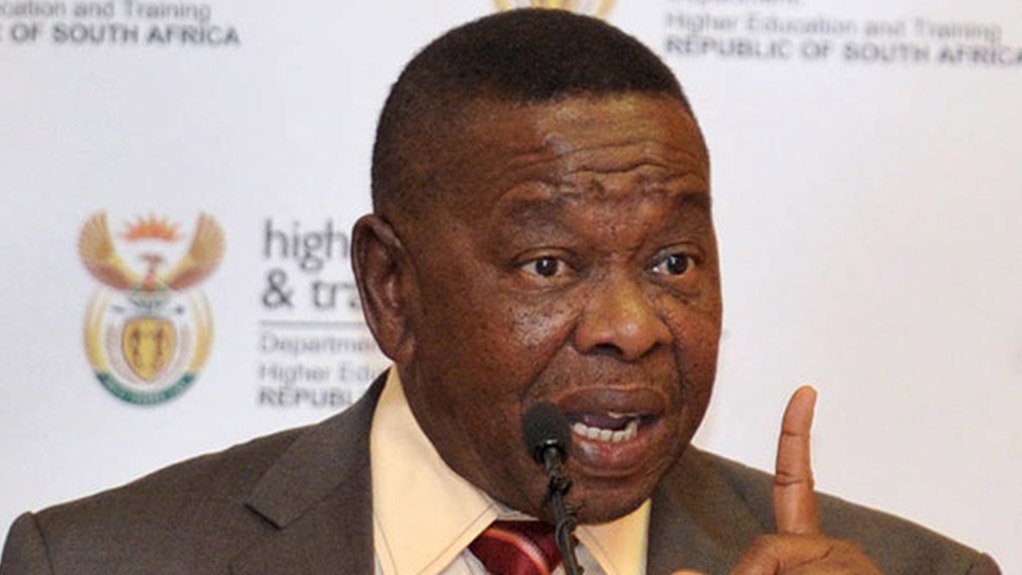Higher Education Minister Blade Nzimande rubbished Statistician General Pali Lehohla's suggestion that black students may have been better off during the 1980s.
“Normally it is not usual for one part of government to differ with another part, but I disagree very strongly with the statistician general,” Nzimande told reporters on Thursday, at a briefing on the state of readiness of universities and colleges for the 2017 academic year.
Nzimande said he was doing his postgraduate studies in the early 1980s.
“There is absolutely no comparison from where we were at that time, and now. I was a student in 1976. I lost that year. I am talking from experience, not from theory, or studying numbers.”
He was nearly expelled in 1977 because he could not pay his last instalment of R100, and there was no National Student Financial Aid Scheme (NSFAS) to help him out.
The dean of students, Professor Sibusiso Bhengu, the first education minister in the country's first democratically-elected government, lent him the money.
“That's how I survived. I would not have got assistance anywhere, unlike today.”
In 2015, university students began protesting against university fee increases, which culminated in President Jacob Zuma announcing a fee increase freeze for 2016 in October that year.
For 2017, Nzimande capped increases at 8% and announced that students whose parents’ joint annual income was under R600 000 did not have to pay the fee increase.
Students still indebted to the NSFAS could carry on studying.
Nzimande acknowledged that there were still not enough students going through universities, but that there had been an increase.
When Lehohla addressed the Fees Commission's hearings in Centurion on Monday, he said not enough black and coloured children were successfully completing higher education, compared to their white counterparts.
“I really do not agree with this. And also, government officials must avoid making statements that they can't take responsibility for,” Nzimande said.
Lehohla said black students between the 1960s and 1980s had performed better, despite the fact that fewer of them entered universities.
Currently, less than 50 000 black students each year were successfully completing university with a bachelor’s degree.
Lehohla said white, Asian and Indian communities invested in their children in a way that yielded continuous, generational results. Due to circumstances, blacks and coloureds had not managed to do the same.
The commission is determining the feasibility of free education, as part of a raft of measures to address students' calls for an overhaul of education funding.
EMAIL THIS ARTICLE SAVE THIS ARTICLE
To subscribe email subscriptions@creamermedia.co.za or click here
To advertise email advertising@creamermedia.co.za or click here











